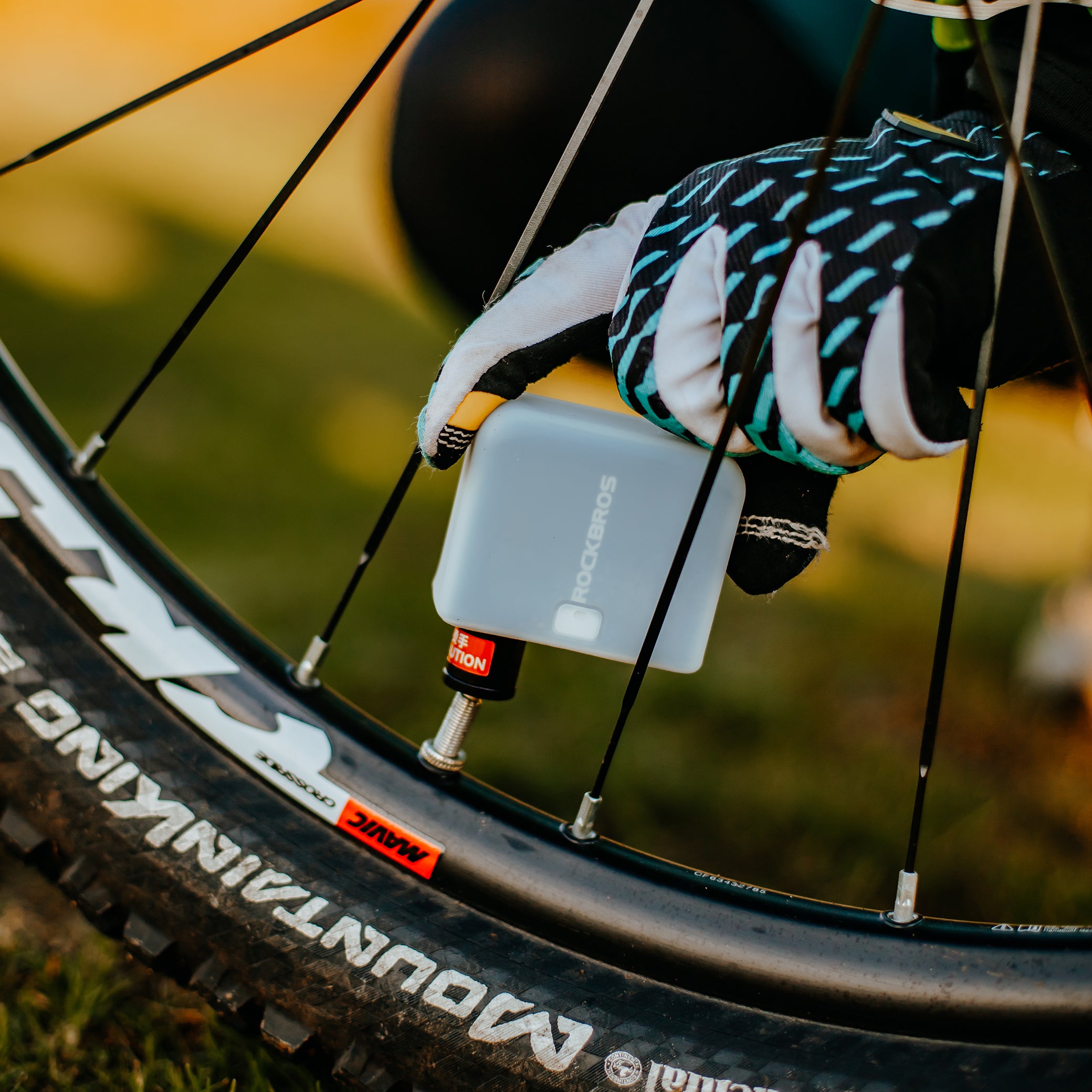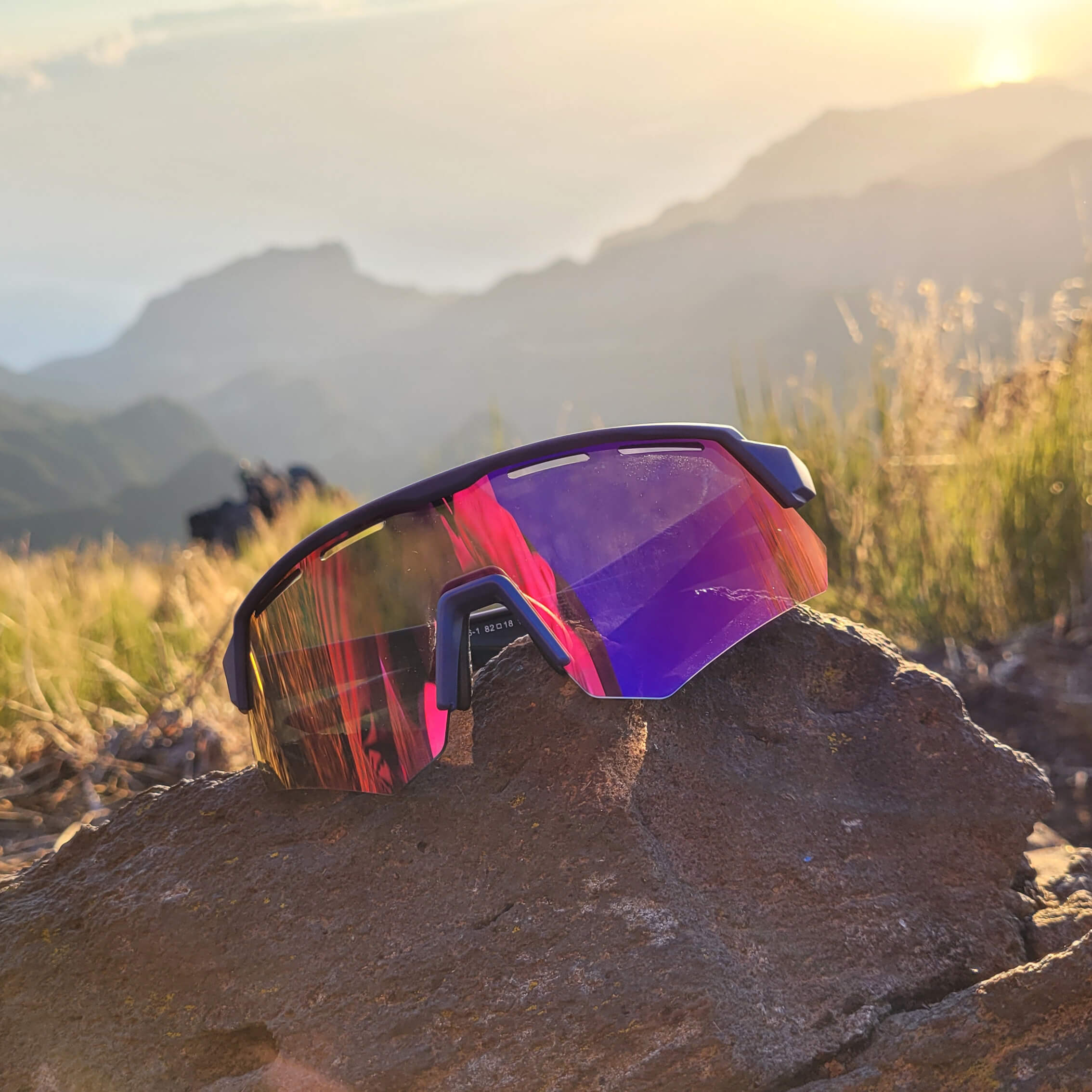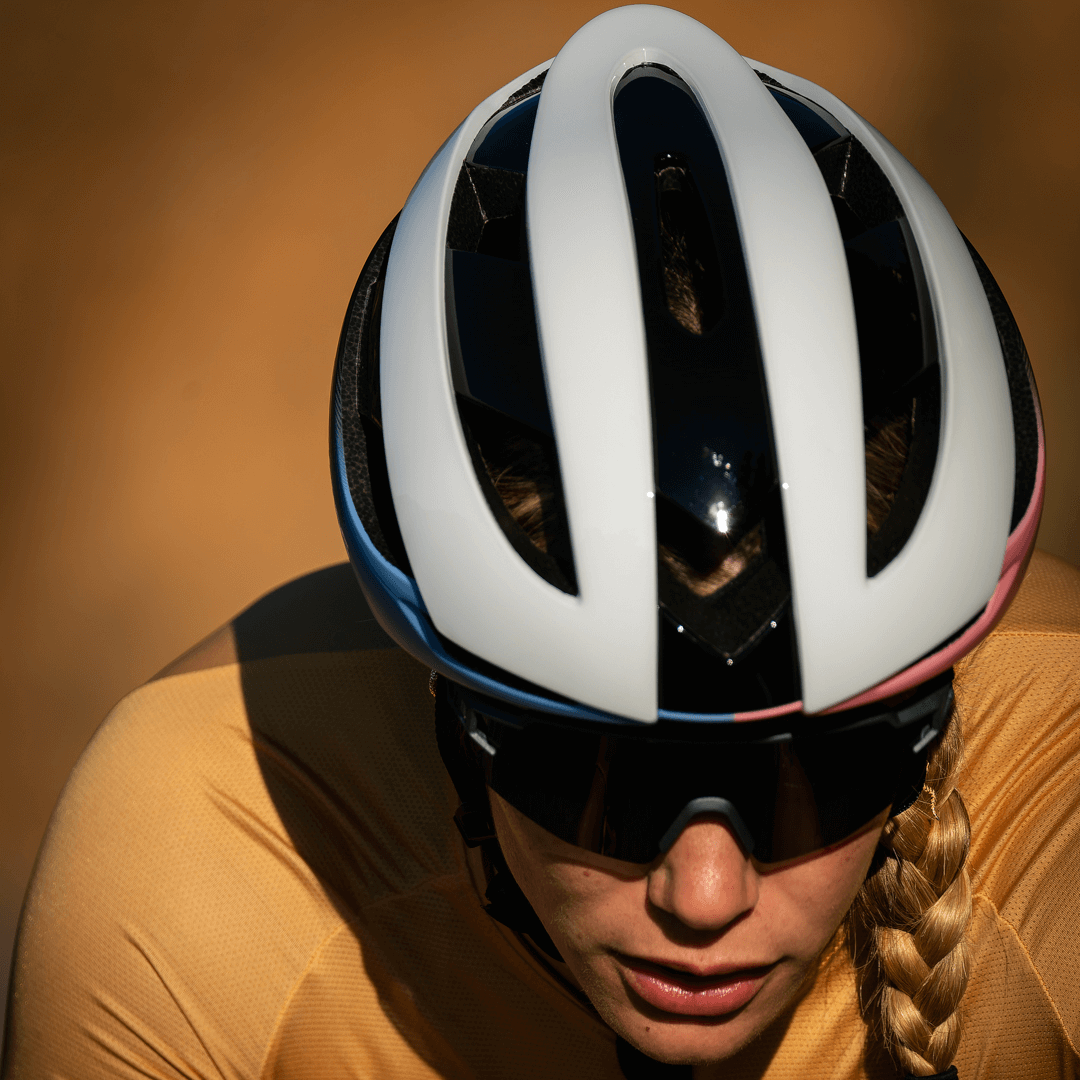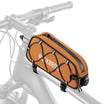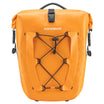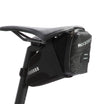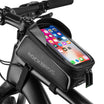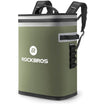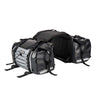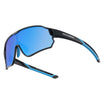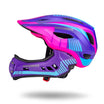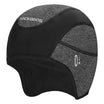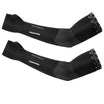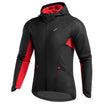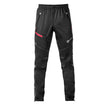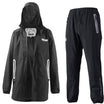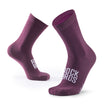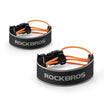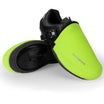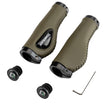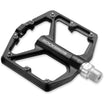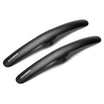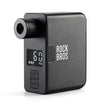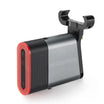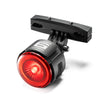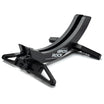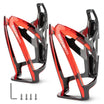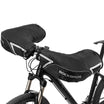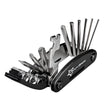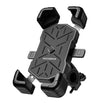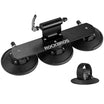Dealing with Physical Discomfort While Cycling
Cycling is an enjoyable activity, but sometimes you may experience physical discomfort during your ride. Knowing common issues and how to respond can help you complete your ride safely and smoothly.
1. Dehydration
Situation: Long rides or hot weather can lead to dehydration, showing symptoms like thirst, dizziness, and fatigue.
Response:
- Stay Hydrated: Carry enough water and drink regularly, especially when you feel thirsty.
- Electrolyte Replacement: During long rides, consider electrolyte drinks to replenish lost salts.
2. Muscle Cramps
Situation: Overexertion or dehydration may cause muscle cramps, typically in the legs.
Response:
- Rest: Find a safe place to stop and gently stretch the cramped muscle.
- Hydrate and Replenish Electrolytes: Drink water and consume potassium and sodium-rich foods, like bananas and sports drinks.
3. Leg Fatigue
Situation: Prolonged cycling can lead to muscle fatigue, manifesting as soreness and weakness.
Response:
- Take Breaks: Periodically stop to rest and move your legs to alleviate fatigue.
- Adjust Riding Position: Ensure your seat height and handlebar position are appropriate to reduce strain on your legs.
4. Dizziness or Nausea
Situation: These symptoms may arise from overexertion, lack of oxygen, or dehydration.
Response:
- Rest: Find a shaded spot to sit, take deep breaths, and wait until you feel better before continuing.
- Energy Boost: If feeling nauseous, avoid heavy foods and opt for light snacks like fruit or energy bars.
5. Scrapes or Minor Injuries
Situation: Falls or collisions can lead to scrapes or minor injuries.
Response:
- Clean the Wound: Use clean water and antiseptic to wash the injury, and apply a bandage if necessary.
- Monitor the Injury: If the injury is severe or bleeding persists, seek medical attention.
Conclusion
When experiencing physical discomfort while cycling, it’s important to stay calm and take appropriate measures. Being prepared in advance—such as carrying enough water and snacks, appropriate tools, and a first aid kit—can help you better manage unexpected situations. Most importantly, listen to your body and prioritize your safety and health.

